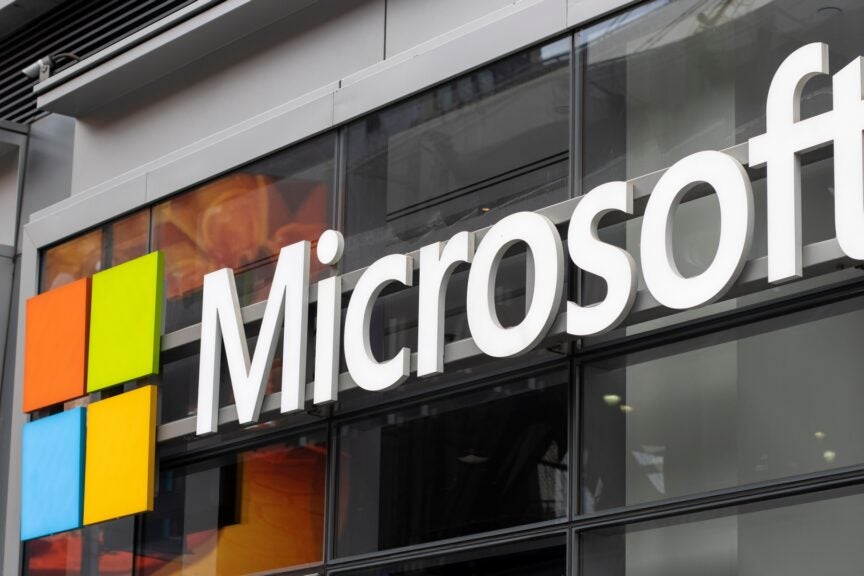Microsoft Implements Strict New Policies to Address Underperformance
In a sweeping effort to boost productivity and accountability, Microsoft has rolled out stringent new policies targeting underperforming employees, including a two-year ban on rehiring. The tech giant announced the changes this week, sparking debates about workplace culture, employee morale, and the broader implications for the tech industry. Analysts suggest the move reflects growing pressure on corporations to maximize efficiency amid economic uncertainty.
The New Policy: Key Details and Immediate Impact
Microsoft’s updated performance management system introduces several rigorous measures. Employees rated as underperforming will face:
- A mandatory performance improvement plan (PIP) lasting 60 days
- Termination if improvement goals aren’t met
- A two-year prohibition on reapplying to Microsoft
Internal memos reveal the policy aims to “streamline talent retention and ensure alignment with company objectives.” However, critics argue it may foster a culture of fear. “This feels like a hardline approach reminiscent of stack-ranking era controversies,” said Laura Chen, a workplace culture analyst at Gallup.
Behind the Decision: Data and Industry Trends
Microsoft’s shift follows a 15% year-over-year decline in team productivity scores, according to internal data leaked to The Wall Street Journal. The company also trails competitors like Google and Amazon in employee efficiency metrics, per a 2023 PwC report. Meanwhile, tech layoffs have surged industry-wide, with over 240,000 jobs cut in 2023—a 50% increase from 2022.
“This isn’t just about trimming fat,” explained tech analyst Mark Reynolds. “Microsoft is signaling that it’s serious about maintaining its edge in AI and cloud computing. But the collateral damage to employee trust could be significant.”
Employee and Expert Reactions
While some applaud the clarity of expectations, others warn of unintended consequences. A senior software engineer (who requested anonymity) shared: “PIPs were already stressful. Now, knowing you’re blacklisted for years? People will leave before risking that stain on their record.”
HR consultant Priya Nair offered a counterpoint: “High performers thrive in meritocratic environments. If implemented fairly, this could elevate standards across teams.” Yet, studies show punitive policies often backfire—a 2022 MIT Sloan study linked strict performance mandates to a 27% increase in burnout.
Historical Context: Microsoft’s Evolving Workplace Culture
The policy marks a stark contrast to Microsoft’s “growth mindset” ethos under CEO Satya Nadella, which emphasized learning over punishment. In 2013, the company abolished stack ranking after widespread criticism. “This feels like a step backward,” said former HR director Clara Wu. “The two-year ban is especially punitive compared to peers like Apple, which imposes a one-year rehire wait.”
What’s Next for Employees and the Tech Sector?
Microsoft’s policy could set a precedent for other firms grappling with productivity slumps. However, labor advocates urge caution. “The focus should be on support, not sanctions,” argued United Tech Workers coalition lead Diego Martinez. “Investing in training and work-life balance yields better long-term results.”
For now, employees face heightened pressure to deliver—or exit. As the policy takes effect, all eyes will be on turnover rates, Glassdoor reviews, and whether Microsoft’s gamble pays off in its race against rivals.
Call to Action: How do you think strict performance policies affect workplace innovation? Share your perspective with us on social media using #TechCultureDebate.
See more Business Focus Insider Team

